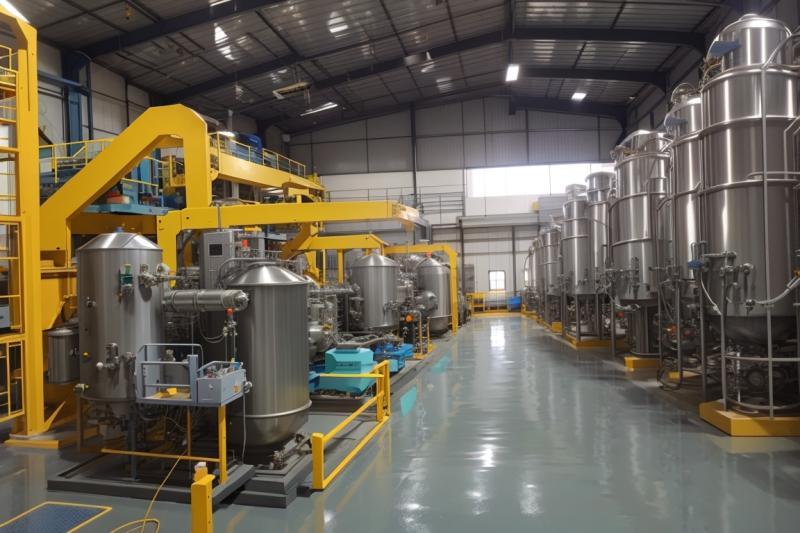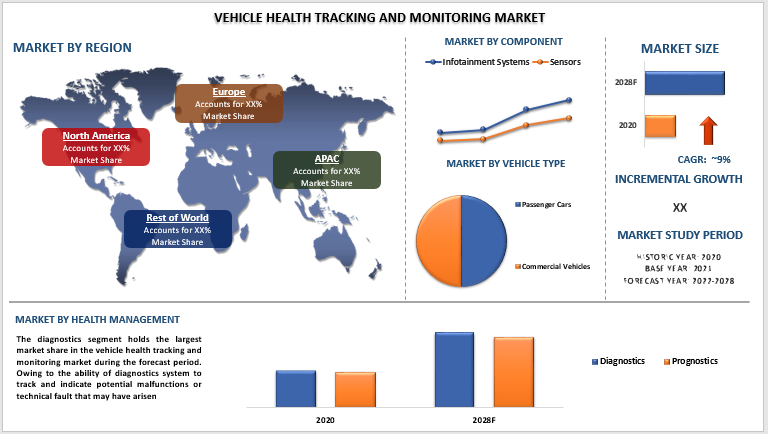Zinc Sulfate Heptahydrate Production Cost Analysis 2025: Competitive Landscape

Zinc sulfate heptahydrate is an inorganic compound and a common form of zinc sulfate, characterized by its crystalline structure where each zinc sulfate unit is associated with seven water molecules. This hydrated salt typically appears as colorless or white orthorhombic crystals, often efflorescent in dry air, meaning it tends to lose some of its water of crystallization upon exposure. It is highly soluble in water, forming slightly acidic solutions. Industrially, zinc sulfate heptahydrate is produced by reacting zinc metal, zinc oxide, or zinc sulfide with sulfuric acid, followed by crystallization. Its primary applications span across various sectors. In agriculture, it serves as a crucial micronutrient fertilizer, providing essential zinc to plants, which is vital for enzyme systems, chlorophyll synthesis, and growth regulation. It is also used as a feed additive for animals to prevent zinc deficiency. Medically, it has applications as an astringent and emetic, and zinc supplements often utilize zinc sulfate as a source of this essential mineral. Furthermore, it finds use in the production of rayon, in electroplating, as a mordant in dyeing, and as a preservative for wood and leather.
Setting up a zinc sulfate heptahydrate industry is anticipated to experience steady growth, primarily driven by the increasing awareness of micronutrient deficiencies in agriculture and the expanding demand for animal feed supplements. As global food security becomes a paramount concern, the necessity of ensuring optimal plant health through balanced fertilization, including zinc supplementation, is gaining prominence, thereby boosting the demand for zinc sulfate as an agricultural input. Similarly, the growing livestock sector and the recognition of the importance of trace minerals in animal nutrition are fueling the consumption of zinc sulfate in feed formulations. Emerging trends within the industry are also shaping its future trajectory. There is a rising focus on precision agriculture, where micronutrient application is tailored to specific crop and soil needs, potentially leading to more targeted and efficient use of zinc sulfate.
IMARC’s new report titled “Zinc Sulfate Heptahydrate Production Cost Analysis 2025: Industry Trends, Plant Setup, Machinery, Raw Materials, Investment Opportunities, Cost and Revenue” provides a comprehensive roadmap for setting up a zinc sulfate heptahydrate production plant. The study encompasses all the essential information needed to enter the zinc sulfate heptahydrate industry, including capital investment, operating costs, raw material requirements, and profit projections. The zinc sulfate heptahydrate production cost analysis offers detailed insights into cost structures and economic feasibility, helping stakeholders make informed decisions. It is a valuable resource for entrepreneurs, investors, researchers, consultants, business strategists, and anyone with an interest or stake in the zinc sulfate heptahydrate sector.
Key factors for setting up a zinc sulfate heptahydrate production plant:
1. Market Research
The growing demand for zinc sulfate in the agriculture industry across the globe is one of the key factors creating a positive outlook for the market. Zinc sulfate is widely used as a fertilizer and micronutrient in the agricultural sector. It helps in improving crop yield and quality by preventing zinc deficiency in plants. In addition to this, the widespread product utilization as a supplement in animal feed to prevent zinc deficiency in livestock is acting as another growth-inducing factor. Moreover, rapid advancements have led to improved product quality, increased efficiency, and reduced production costs, which is providing a considerable boost to the market growth. Besides this, the increasing product adoption in the pharmaceutical industry for various applications, such as wound healing, skin treatment, and as a dietary supplement, is positively influencing the market growth. Other factors, including the rising prevalence of zinc deficiency in soil and ongoing research and development (R&D) activities, are supporting the market growth.
The report offers an exhaustive overview of the global zinc sulfate heptahydrate industry, including a detailed breakdown by segments and regions within the sector. It also includes in-depth analyses of prices involved, market trends and historical data and forecast.
- Market Forecast
- Price Analysis
- Market Breakup by Region
- Market Breakup by Segment
- Market Trends
Request for a Sample Report: https://www.imarcgroup.com/zinc-sulfate-heptahydrate-manufacturing-plant-project-report/requestsample
2. Planning and Designing
A detailed and up-to-date business plan is indispensable for mapping out the steps to establish and operate an zinc sulfate heptahydrate production facility. This report offers in-depth details about the process flow and the various unit operations involved in an zinc sulfate heptahydrate production plant.
- Technical Tests
- Quality Assurance Criteria
- Mass Balance and Raw Material Requirements
- Unit Operations Involved
- Product Overview
3. Legal and Regulatory Compliance
Understanding and complying with the intricate framework of business laws and regulations is a vital aspect of establishing an zinc sulfate heptahydrate production facility. This requires a detailed knowledge of legal obligations, such as labor laws, environmental standards, tax policies, and industry-specific regulations.
4. Plant Requirements and Costs
The report offers a detailed location analysis, including insights into land selection, key criteria, location importance, environmental considerations, and associated costs for establishing an zinc sulfate heptahydrate production facility. It also provides information on plant layout and the factors that impact its design.
- Human Resource Requirements and Costs
- Utility Requirements and Costs
- Transportation Requirements and Costs
- Packaging Requirements and Costs
- Raw Material Requirements and Costs
- Machinery Requirements and Costs
- Plant Layout
- Land, Location and Site Development
Browse the Full Report with the Table of Contents: https://www.imarcgroup.com/zinc-sulfate-heptahydrate-manufacturing-plant-project-report
5. Hiring and Training
Effective workforce planning and recruitment strategies are critical for assembling a skilled and efficient team to manage an zinc sulfate heptahydrate production plant. This process includes identifying the specific skills and qualifications needed for different roles and anticipating future staffing requirements based on production goals and business expansion.
- Developing Health and Safety Protocols
- Implementing Training Programs for Employees
- Complying with Labor Laws and Regulations
6. Supply Chain Management
Building strong partnerships with suppliers and vendors is crucial to maintaining a dependable and cost-efficient supply chain. This requires choosing partners who can reliably deliver high-quality raw materials and components at competitive rates.
- Planning Logistics and Transportation Networks
- Implementing Efficient Inventory Management Systems
7. Project Economics
This entails a thorough analysis of the costs associated with an zinc sulfate heptahydrate production plant, covering capital expenditure (CapEx), operating expenditure (OpEx), income forecasts, taxation, depreciation, liquidity, profitability, payback period, net present value (NPV), uncertainty, sensitivity assessments, etc. In addition to this, it includes an in-depth review of financial assistance options and a comprehensive list of certifications necessary for establishing the plant.
- Financial Analysis
- Profit Projections
- Taxation and Depreciation
- Revenue Projections
- Expenditure Projections
- Operating Costs
- Capital Investments
8. Marketing and Distribution Strategies:
Creating a robust marketing strategy and establishing strong brand positioning are vital for building a production plant's market presence. This process includes conducting thorough market research to identify customer needs, preferences, and competitive trends.
- Identifying Distribution Channels and Sales Networks
- Leveraging Digital Marketing and E-Commerce Platforms
- Participating in Trade Shows and Industry Events
About Us:
IMARC Group is a global management consulting firm that helps the world’s most ambitious changemakers to create a lasting impact. The company excel in understanding its client’s business priorities and delivering tailored solutions that drive meaningful outcomes. We provide a comprehensive suite of market entry and expansion services. Our offerings include thorough market assessment, feasibility studies, company incorporation assistance, factory setup support, regulatory approvals and licensing navigation, branding, marketing and sales strategies, competitive landscape, and benchmarking analyses, pricing and cost research, and procurement research.
Contact Us:
IMARC Group
134 N 4th St. Brooklyn, NY 11249, USA
Email: sales@imarcgroup.com
Tel No:(D) +91 120 433 0800
United States: +1-631-791-1145



